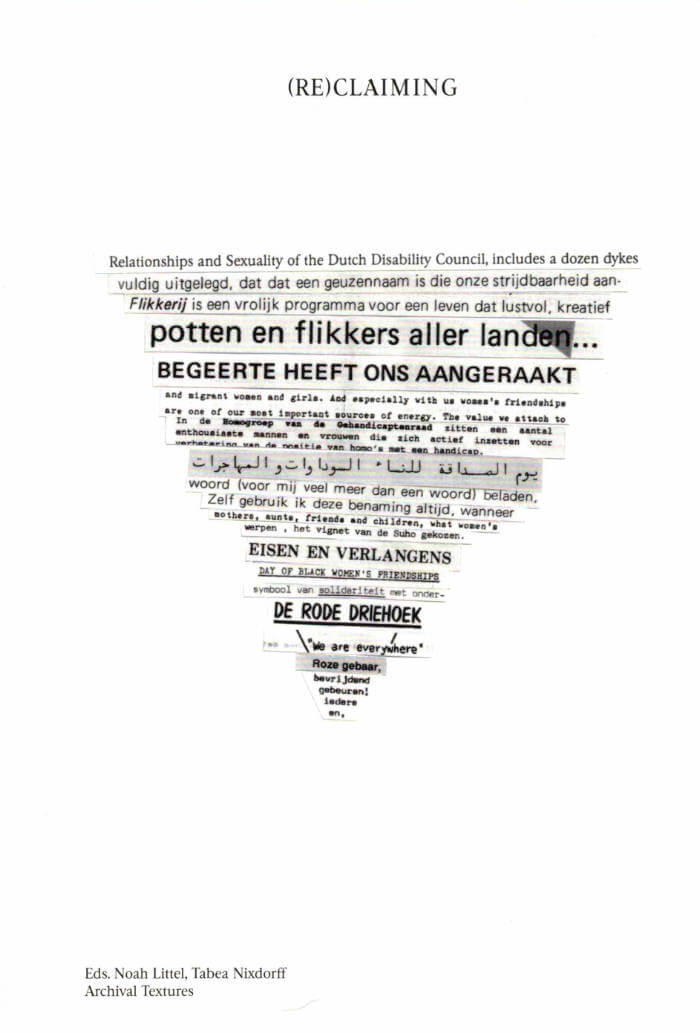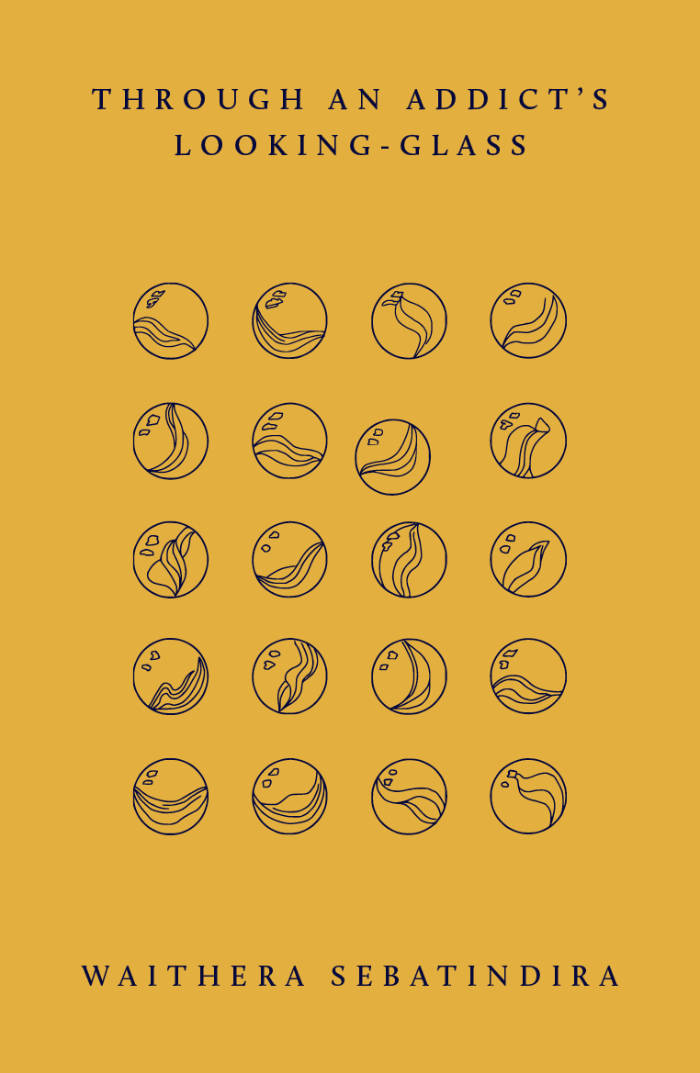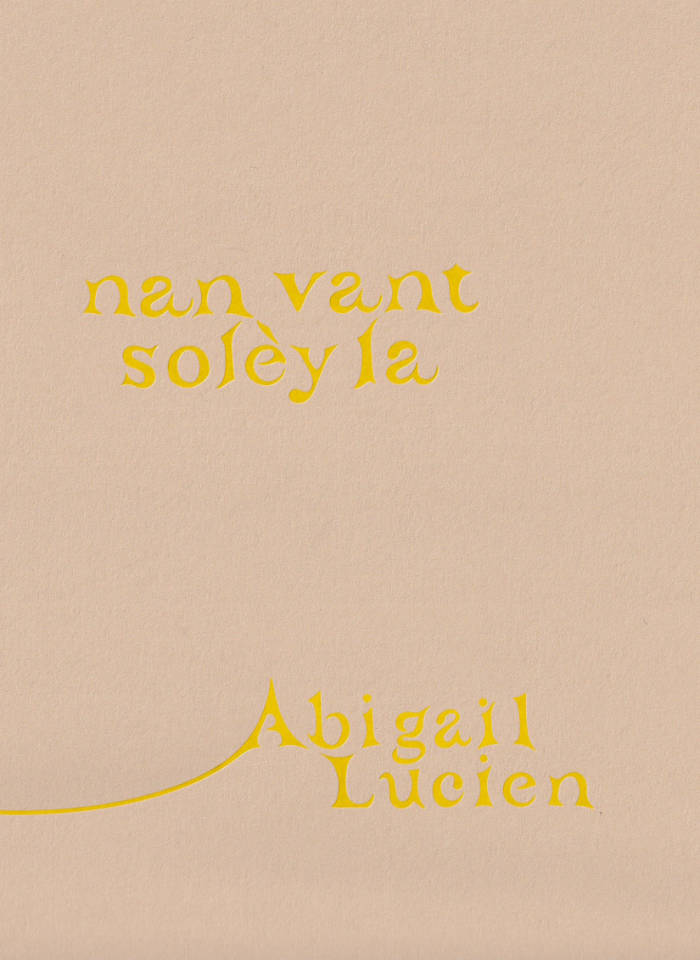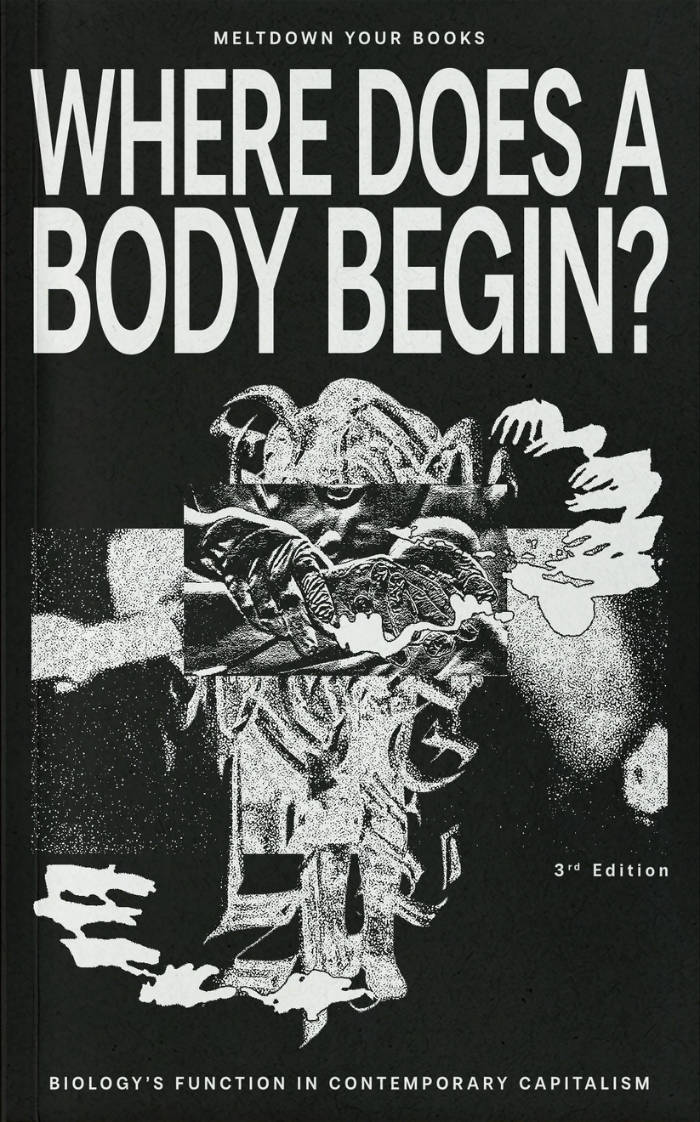
Archival Textures - (Re)claiming
Noah Littel ed., Tabea Nixdorff ed.
The book (Re)claiming presents ways in which various queer and feminist communities and initiatives in the Netherlands have (re)claimed the triangle—along with other symbols, words and stories—and in doing so take up an empowering position in a hostile society.
Besides a collection of buttons, archival materials featured in this book include short statements and flyers by queer groups such as SUHO, Sjalhomo, Roze Front, Roze Driehoek, Roze Gebaar, Van Doofpot tot Mankepoot, Interpot/ILIS, Lesbisch Archief Amsterdam, Strange Fruit Vrouwen and Groep Zwarte Vrouwen Nijmegen, as well as a text by Karin Daan, the designer of the Homomonument in Amsterdam. With this selection, this book brings together queer, trans, crip, feminist, Jewish and Black perspectives on (re)claiming as an activist strategy.
Most of these materials were researched at IHLIA LGBTI Heritage in Amsterdam, with additions found at the International Institute of Social History and the International Archive for the Women’s Movement (IAV-Atria) in Amsterdam, and LAN Lesbisch Archief Nijmegen.





